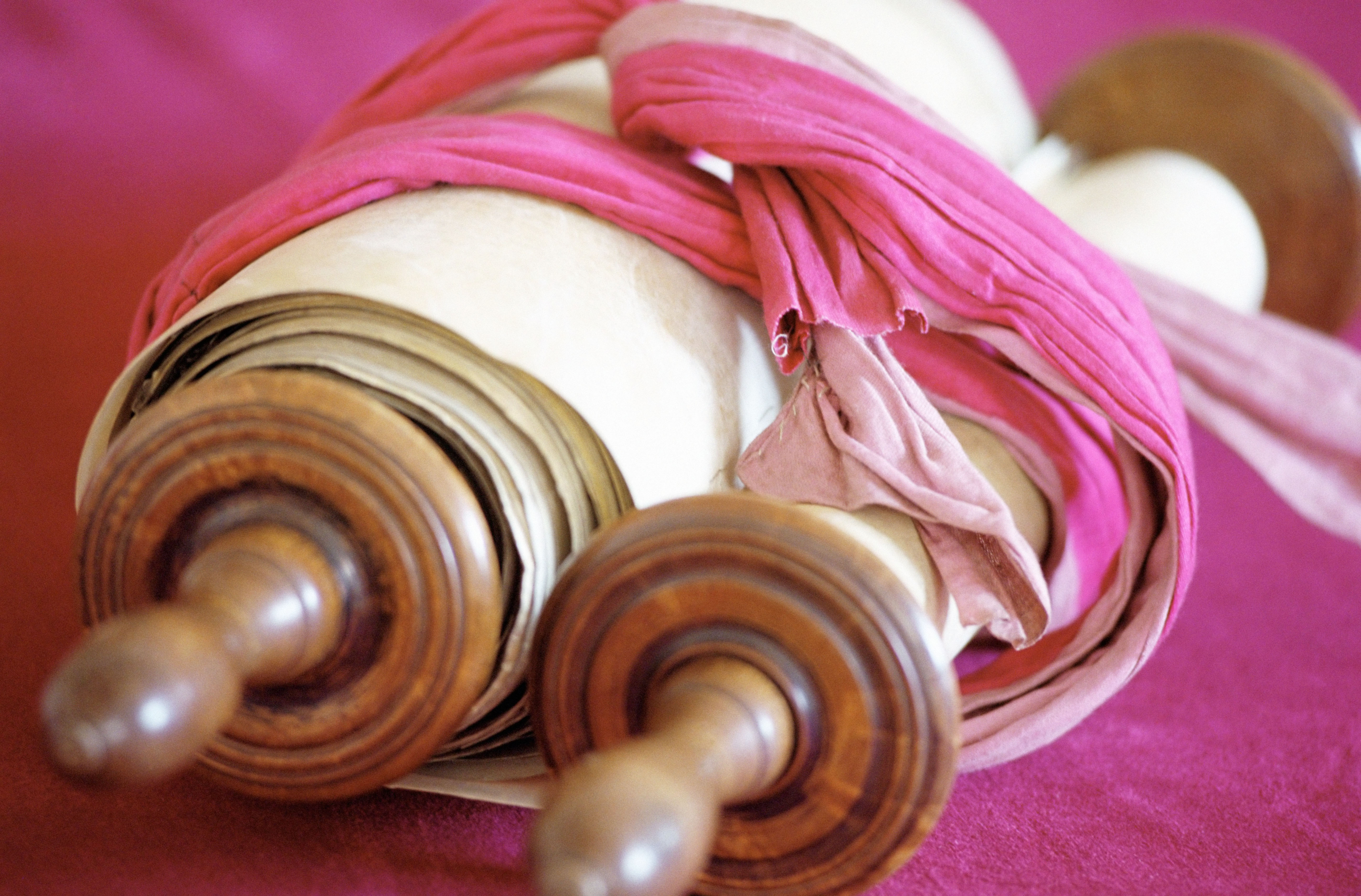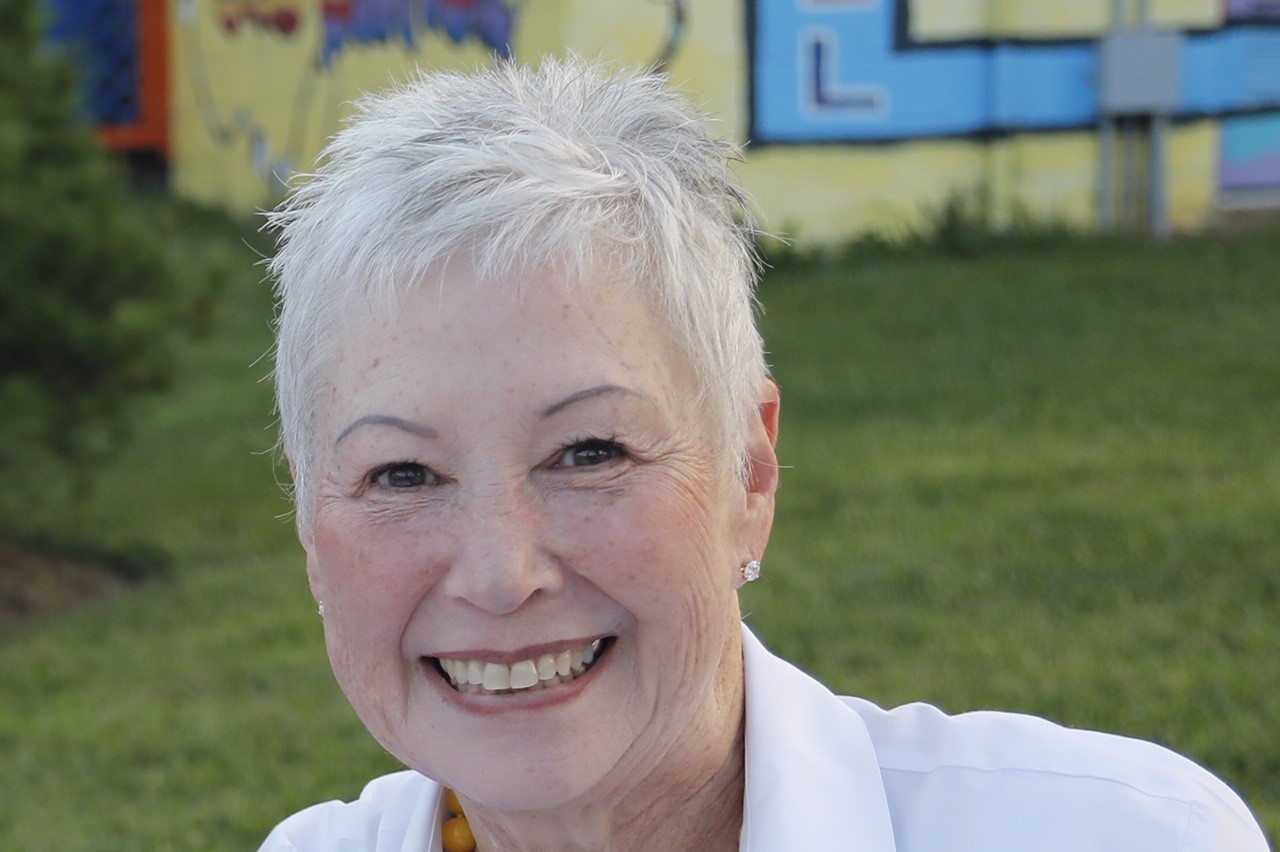
Shabbat shalom everyone! For my loving, number-crunching friends, here are some number facts to relish about this week’s Parashah P’kudei:
P’kudei, the 2nd word (not the 1st) in this week’s parashah, means ‘accounting’ or ‘amounts of’
It is the 23rd weekly portion and the 11th and final portion in Exodus
P’kudei includes Exodus 38:21-40:38
It has 4,432 letters, 1,182 words, 92 verses, and 159 lines
This marks the 22/23 Shabbat since Simchat Torah
Saver those digits…Okay…Time’s up!
Moving on….
Very recently, I updated my ethical will in preparation for a Zoom seminar for 93 Wilshire Boulevard women (a staggering 93 women registered) via a creative Tu B’Shevat celebration about family trees orchestrated by Julia Weinstein and Marilyn Weitz. Each time I prepare for that teaching, I renew my will.
This time, I decided to share all my past wills for the first time (aside from my daughters), beginning with the first one I wrote stemming from a UAHC Kallah class at Brandeis in the early 1990’s. With whom did I decide to share the wills for the first time? – My first grandchild Madaline, who is now 18 years old and a senior in high school (how did that happen?). She is smart, sensitive, intuitive, and wrote back words I shall treasure forever. She also highlighted that my life priorities had changed very little since I began writing.
I shared that I was glad I knew myself well and hoped for that knowledge to come to her someday as well. I also offered that lifelong learning is important. “As an adult, I hope you continue to learn about Judaism. So much of my Jewish knowledge today has been learned since my 40s. What you learned in religious school as a child was just the tip of the iceberg. Studying as an adult is fun and fascinating because you choose it!” I wrote to her.
To write this D’Var Torah gift to all of you, I decided to take a different path from what I usually do when I write. I did online research to discover what I didn’t know about The Tabernacle. After several weeks of construction liturgy, we’re all bored with the building details despite fully understanding that life is always about the details! So, indulge me. I want to share little-known P’kudei facts that I hope you find inspiring, if not illuminating!
- Aaron’s son, Ithamar, was the ‘accountant priest’. Perhaps Moses was so tired of overhearing snarky comments about him and his family that he insisted on an extensive, accurate accounting of EVERYTHING used to build the Tabernacle – gold, copper, silver, linen, threads, gems, leather, and so on. Lesson to be learned: Always be transparent in what you and your group are doing.
- Some genealogy: Bezalel, the ultimate artist and community organizer, was the son of Uri of the tribe of Judah. We are told that Bezalel’s great-grandmother was Miriam, the prophetess, and Moses’ sister. Lesson to be learned: Know your family history.
- Everything that was done at the direction of Moses (as commanded by God) through others so the whole community is held accountable. Lesson to be learned: Sharing responsibility allows others to feel engaged, and people do not feel jealous of one person or a small group having all the control.
- Remember the cherubim (angels) on top of the ark in the movie Raiders of the Lost Ark? How were they placed? ANSWER: they were faced looking at each other. Lesson to be learned: To create peaceful relationships, we must dialogue and listen, and we should respectfully face those with whom we disagree.
- These Exodus chapters are not a divine tool manual like IKEA instructions. Lesson to be learned: We learn from P’kudei that everyone has a gift of value to offer to our continuation.
- Did you know that the Tabernacle was the first prayer place for the Jews? Lesson to be learned: You can pray for God anywhere you make sacred; even better if you do it in community.
- View the entirety of the Book of Exodus and see it as the most profound transformational journey in history. It takes a people from slavery to redemption. Lesson to be learned: Remember that we were once slaves.
Rabbi Nancy Wiener shares, “Our joy will be enhanced when, as we ’take an accounting’ (p’kudei), we realize how many others were involved in the process and appreciate the unique contributions that they made, large and small.” In other words, be honest, engage the community, and share the joy of celebrating the finished outcome together.
And so, the Book of Exodus concludes. Keep learning and open the white spaces between the black letters of the Torah. Chazak, chazak, v'nitchazeik!
Related Posts

Continuing to Educate and Empower People Together

My Challah-Making Experience


